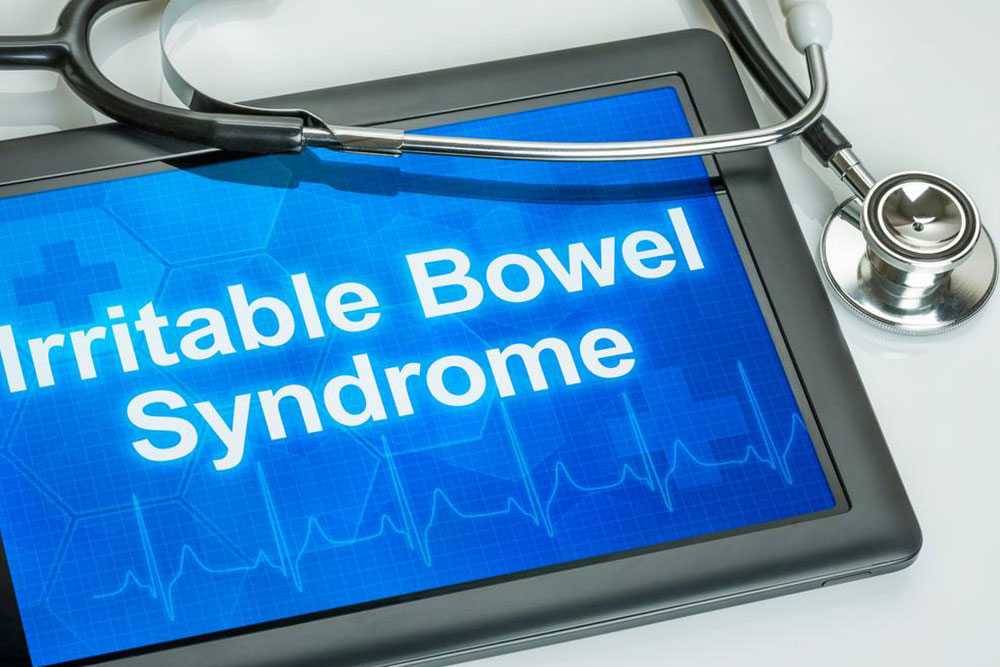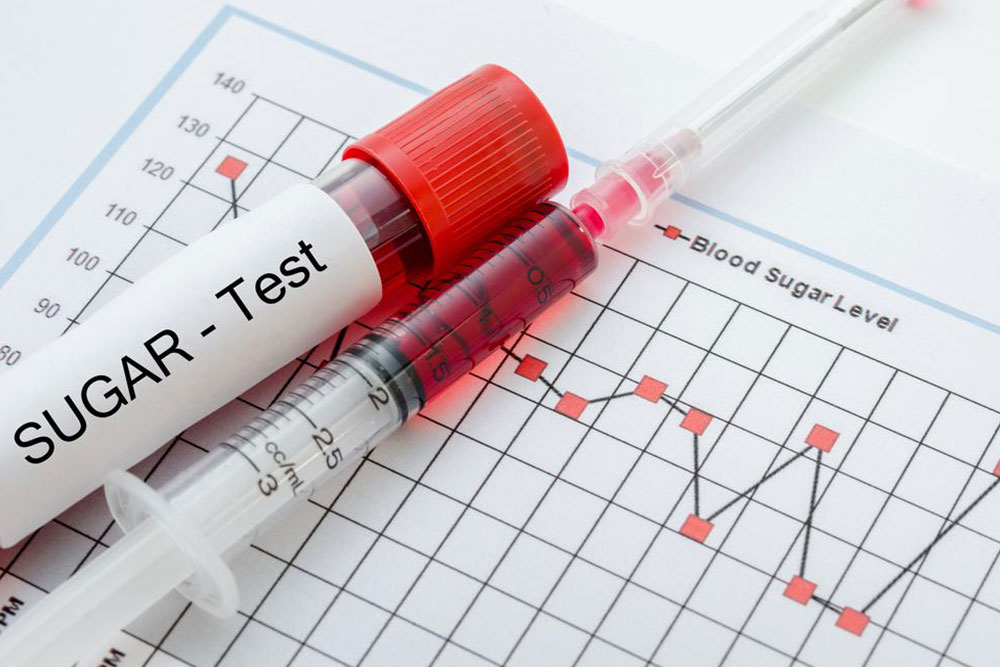Signs and Symptoms of an Enlarged Spleen to Recognize
This article explains the key signs of an enlarged spleen, including discomfort, pain, fatigue, and other health issues. Recognizing these symptoms early can prompt timely medical evaluation. The spleen's vital role in immune defense and blood filtering emphasizes the importance of detecting splenomegaly, which often presents subtly. If experiencing persistent symptoms like abdominal pain or fatigue, consulting a healthcare provider is recommended to prevent complications such as rupture or infection. Understanding spleen health can aid in early diagnosis and effective management of related conditions.

Signs and Symptoms of an Enlarged Spleen to Recognize
The spleen, roughly the size of a clenched fist, plays a vital role in the immune system by defending against infections and removing damaged tissues. Located in the upper left abdomen beneath the rib cage, it functions in producing antibodies, filtering blood, maintaining fluid levels, and regulating blood platelets. Certain health conditions can lead to an enlarged spleen, known as splenomegaly. While sometimes asymptomatic, a significantly enlarged spleen can cause discomfort and pain, signaling the need for medical attention.
Splenomegaly refers to an enlarged spleen working harder to combat illness. Symptoms vary among individuals, often being subtle or absent, making detection during routine physical exams common. The normal spleen size depends on age, sex, and body type, with noticeable enlargement identified based on these factors. Key symptoms include:
Digestive issues
Commonly, individuals may experience discomfort or bloating after a large meal, which can be linked to spleen enlargement. Severe cases may increase rupture risk, weakening immune defenses and toxin clearance.
Pain
Soreness or tenderness in the upper left abdomen or pain radiating to the left shoulder are typical signs. Breathing deeply or moving may worsen the pain for those with an enlarged spleen.
Persistent fatigue
Many affected individuals feel unusually tired, frail, and have low energy levels due to compromised spleen function and immune response.
Additional symptoms
Other signs can include jaundice, anemia, infections in the respiratory or urinary tracts, unexplained weight loss, easy bruising, or bleeding. Some may experience ear infections, sinus issues, or other unexplained health changes.
Note:
Our blog covers diverse medical topics providing practical information based on research. However, these articles should not replace professional medical advice. We are not responsible for data discrepancies or inaccuracies, and some conditions or treatments might not be included. Always consult healthcare professionals for diagnosis and treatment options.










